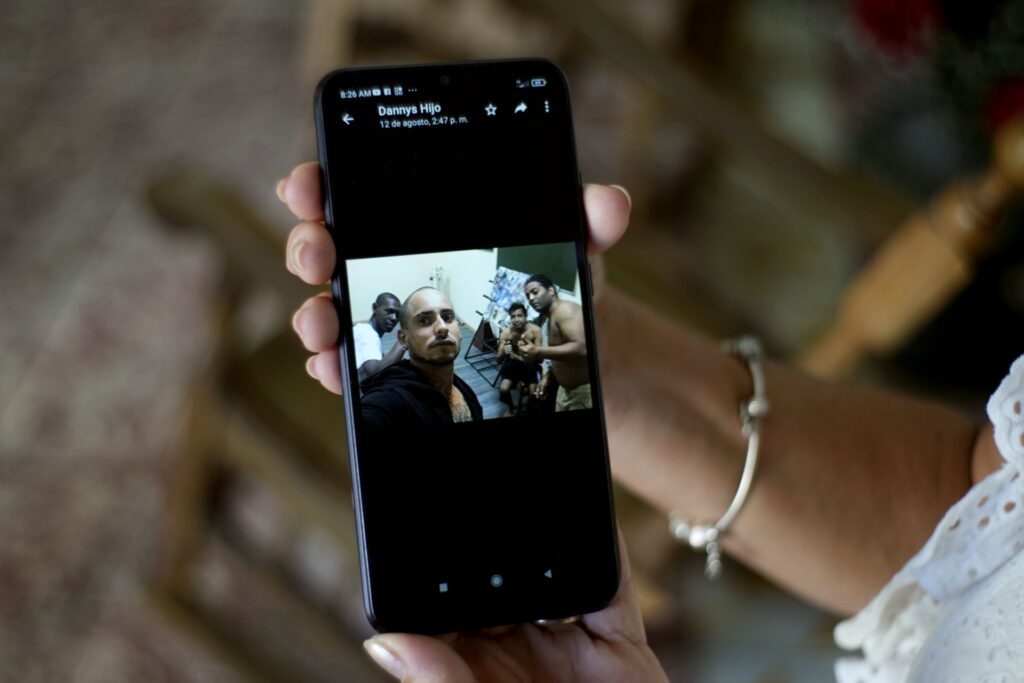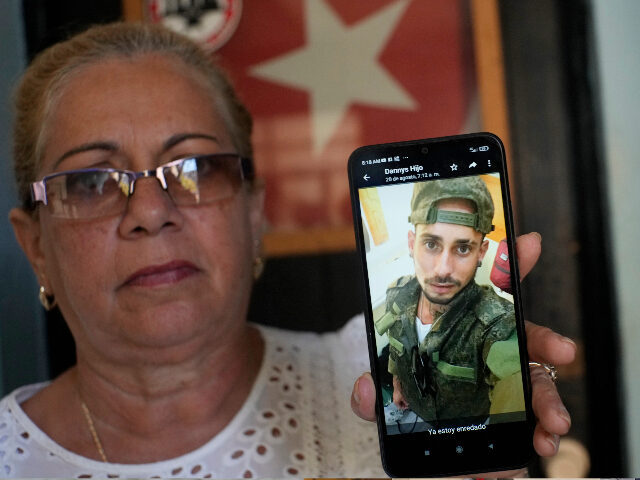A group of Ukrainian hackers known as the “Cyber Resistance” has allegedly obtained documentation and data of nearly 200 Cuban citizens who were recruited by Russia to fight in its ongoing invasion of Ukraine, according to a report published by the website InformNapalm.
InformNapalm, which first published the report in Ukrainian on Wednesday and then in English on Friday, claims to have been provided with documentation that shows how Cuban citizens are recruited, shipped to Russia, and trained to fight for Russia in Ukraine.
The report states that the data was allegedly obtained by the hackers by breaching the personal email address of Russian Major Antón Valentinovich Perevozchikov, who is allegedly in charge of the recruitment of Cuban citizens. Perevozchikov held the position of recruiting commissioner of the Russian Armed Forces in the Russian city of Tula since May 2023.
The documentation, according to the website, contains a full list of names, surnames, dates of birth, and passport details of 199 Cuban citizens and one Colombian citizen who have been allegedly enlisted to fight for Russia in Ukraine.

In Havana, Cuba, on September 8, 2023, Marilin Vinent holds a photo of her son, Dannys Castillo, with other Cubans in Russia, who were promised work in a construction job but were recruited to fight for Russia in Ukraine. (AP Photo/Ramon Espinosa)
The men, whose ages range from 18 to 68 years old, reportedly arrived in Russia between July and August in groups of ten to 30 people, having filled out “tourism” as the reason for their trip in Russia’s immigration forms at the Sheremetyevo International Airport in Moscow. Upon their arrival, they were transported to Tula, where Perevozchikov registered them and gave them a contract to sign.
According to the documents, the contract signed by the Cuban citizens contains a guaranteed “full benefits package” in line with what Russia provides to contractor soldiers and includes a one-time payment of 195,000 Russian rubles ($1,985) when signing a contract for a period of at least one year, plus monthly payments starting from 204,000 rubles per month ($2,077) depending on rank and length of service.
The contract also allegedly includes housing benefit opportunities through the Russian Ministry of Defense’s savings and mortgage lending systems, compensation for renting expenses, free examinations, treatment and rehabilitation services at Russian military medical facilities, life and health insurance, right to a pension after 20 years of service, and tax benefits, among others.
Reports of Cuban citizens being enlisted by the Russian armed forces to fight in Ukraine first surfaced in May, when a group of at least 14 Cubans had reportedly signed contracts that included an expedited path to Russian citizenship after one year of military service.
Last week, a report indicated that at least two Cuban 19-year-olds fell prey to Russian scammers, who used a fake construction job offer to deceive them into fighting in Ukraine.
The report prompted the communist Castro regime in Cuba — a longstanding ally of Russia that has openly expressed its support of Russia’s invasion of Ukraine — to issue a statement this week in which it claimed that it was working to “neutralize and dismantle” an alleged human trafficking network that recruits Cuban citizens to fight for Russia in Ukraine.
“[Cuba] is acting and will act energetically against anyone who, from the national territory, participates in any form of trafficking in persons for the purpose of recruitment or mercenaryism so that Cuban citizens may use arms against any country,” the Castro regime’s statement reads.
The communist Castro regime, despite claiming this week that it has a “firm and clear historical position against mercenaryism,” has a track record of sending thousands of Cuban men to fight in foreign wars.
The Castro regime claimed on Friday that it has, so far, arrested 17 persons. According to officials from the Cuban Interior Ministry, three of the detainees are members of the trafficking network. The other fourteen are Cuban citizens who have expressed their willingness to be enlisted in exchange for Russian residency and a “substantial monetary remuneration.”
Cuban Interior Ministry officials also claimed that the alleged trafficking network’s recruiters “were particularly looking for people with criminal records or who belonged to dysfunctional families.”
The Intercept reported on Wednesday that it had reached out to Perevozchikov, who “did not deny his role in recruiting the Cubans.” Instead, he responded to the news organization with an “expletive-laced” reply that denounced NATO and declared, “Russia will win.”

COMMENTS
Please let us know if you're having issues with commenting.